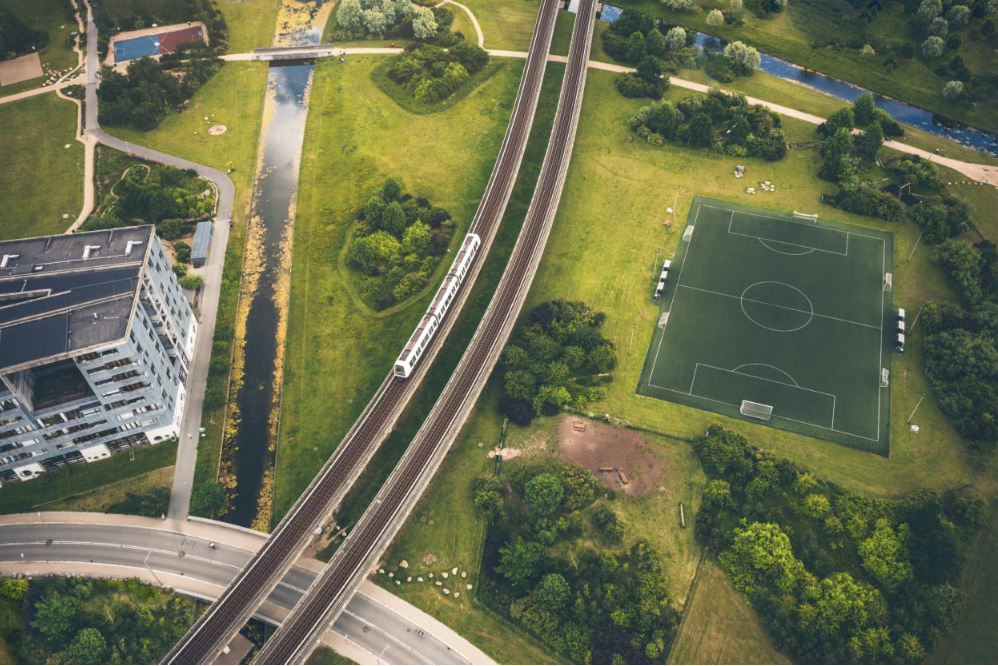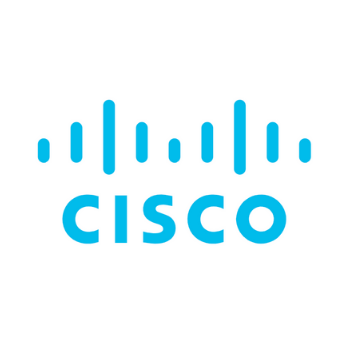Supporting the Sustainability Journey for the Transportation Industry
Sielen Namdar, PE, Industry Solutions Executive with Cisco’s Connected Cities & Communities

As climate change and the potential to facilitate a transition to a low-carbon economy are becoming a centerstage conundrum across the globe, there is an important focus on decarbonizing the transportation industry. Transportation is the only economic sector where greenhouse gas (GHG) emissions are continuing to rise. It is one of the largest contributors to pollution in Europe, accounting for 28% of total emissions in the European Union and 37% across the globe, according to the European Investment Bank Group. It also accounts for about 30% of total U.S. energy needs and 70% of U.S. petroleum consumption, per the US Office of Energy Efficiency and Renewable Energy. The transportation industry is in a strong position to help drive sustainability at scale.
Transportation organizations can support sustainability goals through a multi-prong approach. According to the World Economic Forum, policies deserving priority include rebuilding mass transit and boosting multimodality, electrifying transportation, building resilient infrastructure that can withstand climate change impacts, and investing in technologies that help reduce GHG emissions.
Digital technologies can play an important role in supporting sustainability in the transportation industry. Relevant technology solutions can range from intelligent roadway infrastructure and real-time traffic management operations, which can help reduce idling and congestion, to hybrid workforce operations which can help reduce travel, to facilities for terminals and stations for airports, marine ports, and rail/mass transit, which are important for reducing GHG emissions. Also, by 2035, more than 85 million electric vehicles (EVs) will hit the roads in the United States and Canada alone, based on EY modeling, and that would require collaboration across a diverse set of stakeholders, including electric utilities, government, and the retail industry.
As a major technology provider, Cisco has set a goal to reach net zero GHG emissions across its value chain by 2040. Cisco is transforming its own offices and data centers. For example, Cisco’s Penn 1 Plaza New York City office retrofit simplifies building management, reduces operational costs, and enables a hybrid work environment. And, Cisco is expanding its smart building capabilities to other campuses including Atlanta, Chicago, and Paris. All global Cisco data centers are powered by 72% renewable energy, and from 2016 to 2021, Cisco has seen a 40% reduction in data center power capacity. A San Jose data center retrofit consolidated 37 racks of previous-generation Cisco UCS servers and third-party storage into six racks of Cisco HyperFlex HX-Series servers and backup storage. Data center power and cooling loads decreased by 59%.
Cisco can help transportation organizations in their sustainability journey. We offer specific industry use cases including roadway infrastructure and intersections, EV charging infrastructure, traffic management operations, workforce operations, and smart facilities that can support the decarbonization of the transportation industry at scale.
In our circular journey, Cisco is evolving to a regenerative, circular model in which we reduce the resources we consume and the waste we generate. We have set a goal for 100% of new Cisco products and packaging to incorporate Circular Design Principles by our fiscal year 2025. Focus areas include materials use, standardization and modularization, packaging and accessories, smart energy consumption and design for disassembly, reuse, and repair. Further, Cisco has had programs in place for more than two decades to facilitate product returns for reuse and recycling, offer comprehensive service and repair, and remanufacture used equipment for sale through Cisco Refresh.
We have developed strategic alliances with industry partners that enable us to be ‘better together’ and offer integrated solutions that can support progress towards sustainability goals. A notable example is our partnership with Schneider Electric who won the first-place award for Cisco’s Partner Sustainability Challenge. Through this key partnership we are developing innovative EV infrastructure and next generation smart buildings technologies.
Cisco also offers a variety of funding options to help accelerate sustainability projects for transportation organizations, such as Country Digital Acceleration, Industry Lighthouse Funding, Cisco Green Pay, Global Infrastructure Fund, and Cisco As-A-Service.
Sustainable transportation can play a key role in the transition to a low-carbon economy. Forward-thinking transportation organizations are analyzing their impact, accelerating technologies that support electrification, autonomous vehicles, and mobility as a service, and setting GHG emissions reduction goals. Cisco has a purpose to Power an Inclusive Future for All. We can assist the transportation industry with solutions that support their sustainability journey and goals.
This article was originally published by Cisco.





